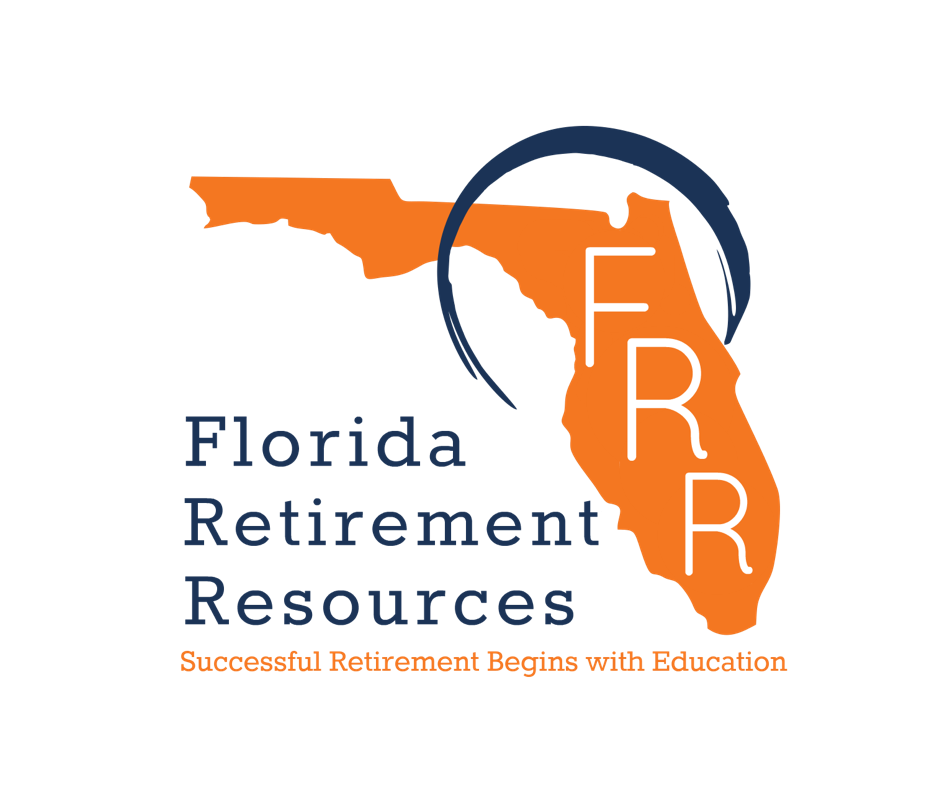For many FRS members, the pension plan provides steady, predictable income in retirement. While...
What Is Inflation?
Inflation is something we are hearing about in the news almost daily. What does rising inflation mean for you and your retirement accounts? Today we will discuss what inflation is, and some of the various ways inflation can affect your retirement accounts and retirement income.
What is Inflation? Inflation occurs when we see the price of goods and services climb over time. The negative impact of inflation for individuals is our dollars can't get us quite as far as they could previously. For example, let's look at gas prices, which are a favorite topic of inflation concern. If your local gas station sold gas at $2.10 per gallon in November of last year, but by November of this year we see that same gallon cost you $3.15 per gallon, we have seen a 50% increase in cost for that same gallon of gas. The gas this year isn't any better than the gas last year, but the price of filling up your car has gone up 50%. We are currently seeing this in many sectors of our economy like with groceries and also construction costs.
Why is inflation increasing? Many factors can contribute to a rise in inflation but the two we are hearing most about are supply chain logistical issues, and government spending. Government spending can cause inflation by the federal government increasing the supply of money into the economy without enough goods being produced and sold to compensate for the increased money supply. Making matters worse is the dual-sided supply chain issue in our present economy. Not only are we seeing industries struggles to create and transport goods fast enough to stock shelves across the nation, but we are still recovering from the corporate shutdowns from 2020 which caused supply warehouses to dwindle in inventory.
How can inflation impact my retirement? Inflation has two negative impacts associated with retirement accounts and future income. The first issue is the fact that the recent increases in inflation have caused market volatility which can shake up investors and your retirement account balance and future performance. Secondly, if inflation continues at an abnormally higher rate, then investors will have to seek higher rates of return in their accounts in order to keep pace or else risk having a decrease in purchasing power later in retirement.
If you have questions about how your investments and future retirement income can be affected by inflation, contact us and one of our registered representatives will be happy to answer your questions about inflation and retirement.




